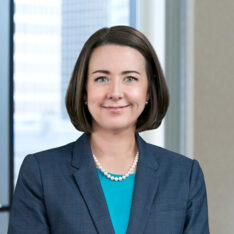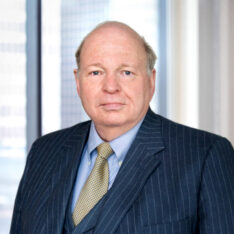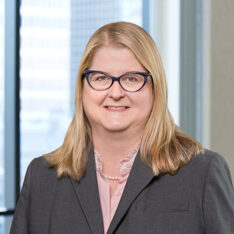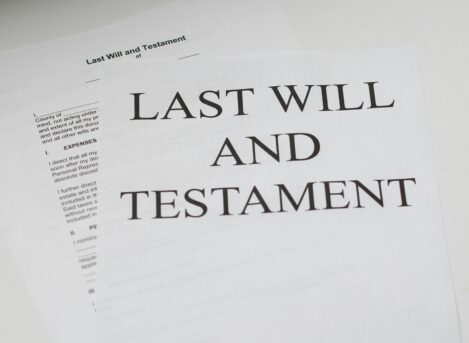Your will is designed to provide for the disposition of your possessions and tie up any loose ends in your estate. To accomplish these goals, you may include specific bequests to named beneficiaries. For example, you might want your daughter to inherit jewelry or artwork that’s been in the family for generations.
But be wary of making bequests that could eventually result in unintended outcomes. A frequent problem under this scenario is that the deceased no longer owns the asset on the date of death. For example, let’s say that Jim bequeaths one of his three children 100 shares of a stock that was worth $100,000 decades ago when his original will was drafted. But, between then and the time of Jim’s death, he had sold the stock. As a result, that bequest fails, and that child could be left with less than Jim had intended.
In a similar scenario, let’s say Debbie bequeaths real estate to her son and life insurance proceeds to her daughter. But from the time Debbie includes the bequests in her will to the time of her death, she sells the home and invests the money, while eventually allowing the life insurance policy to lapse.
In this situation, one potential outcome is for her children to split the investment account, which may be exactly as Debbie intended. Potentially, though, Debbie may have intended that her son would receive the investment account — after all, she reasoned, it was created with the proceeds from the sale of the house. Debbie may have intentionally let the life insurance policy lapse because other assets had already been transferred to her daughter. Rather than create the uncertainty, Debbie could have left clear instructions so that her intentions were known.
As you can see, doling out specific bequests to beneficiaries can lead to unintended results. Consider that you may not still own the same assets at your death as you do now. To avoid this situation, review your will and revise as needed on a regular basis.








